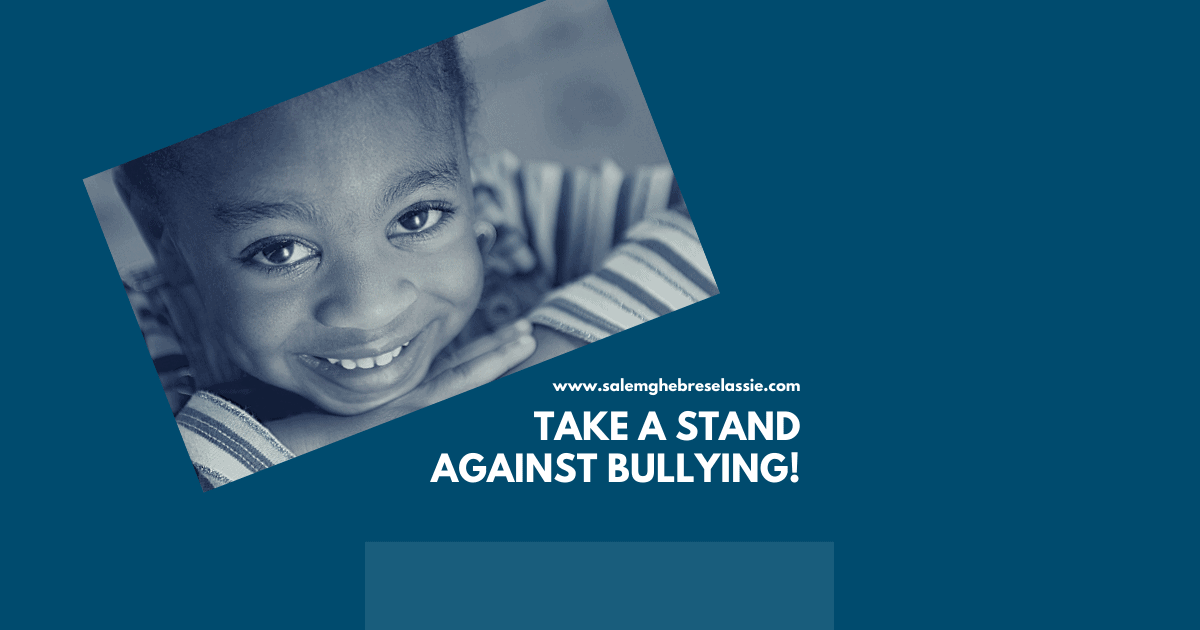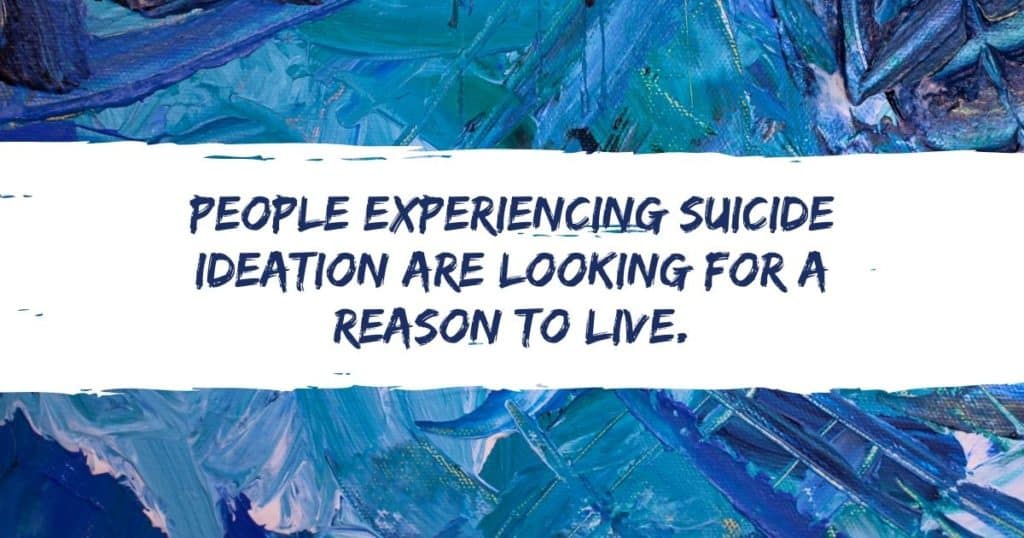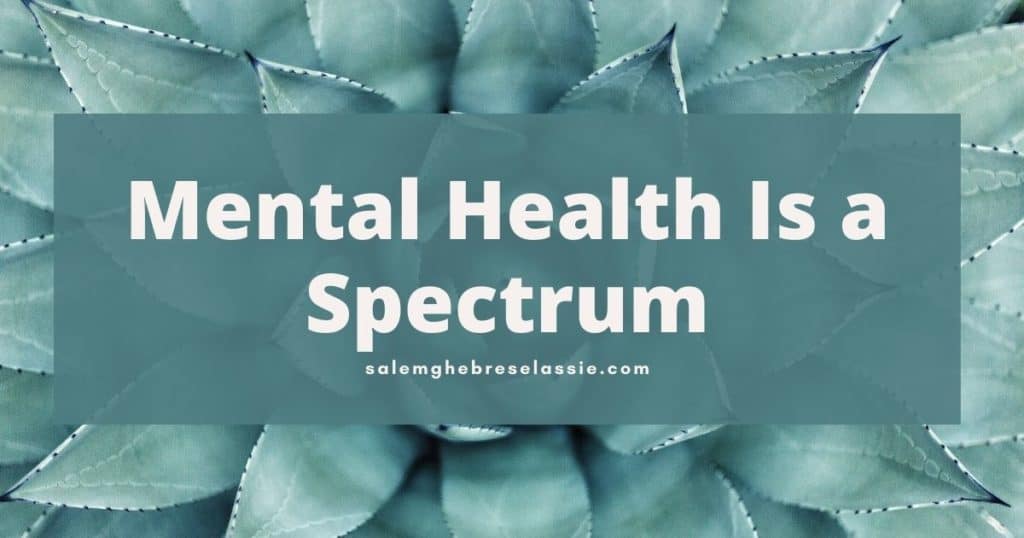Bullying is intentional tormenting in physical, verbal, or psychological ways. It can involve hitting, shoving, name-calling, threats, and mocking. Some kids bully by shunning others and spreading rumors about them, either in person or online. Online bullying has become so much of an epidemic that many grassroots organizations are working hard to create policies against it. However, these policies alone can not protect our kids from the realities of bullying. It is important to take bullying seriously and not just brush it off as something that students have to get through.
The effect of bullying can be severe and affect children’s sense of safety and self-worth. Sadly in extreme cases, bullying can lead to self-harm, suicide, and harming others (school shootings). So it is up to us the parent, other adult caregivers, and teachers in the schools to pay attention to our children.
Signs of Bullying:
The ability to see changes in our children is crucial. In the Habesha community, conversations around bullying are stigmatized, which makes identifying these signs difficult. Children communicate in different forms, not just explicitly. So unless your child shares their experiences or has physical indicators like bruises, this step can be challenging to figure out. However, parents could look out for these signs ;
- Kids acting differently: are your kids always anxious, not eating, difficulty sleeping, distant, reactive, and having difficulty doing things they enjoy because these may be signs of bullying.
- Negative language: watch for how your child describes their experience at school, feelings towards classmates and teachers.
- Trouble getting along with members of the family.
Although these signs are not exhaustive, parents must be aware of changes they see in their kids, and not write it off as a development, but rather as something serious.
How parents could be supportive:
It’s essential to identify these signs early enough. It is just as important, if not more important, to create a safe space for kids ahead of time, so they can share these experiences with you, without you having to figure it out. There are great ways to do this:
Talk with your kids:
It is vital to get to know our kids. Learn about them on a deeper level. Learn about their goals, aspirations, fears, shortcomings, and love them because of it. Utilize stories, books, and TV shows to get the conversation started and make sure to use supportive language that shows your kids they can trust you. Do not be the first bully that your children encounter because they will not trust to come to you for support if they are being bullied at school. Affirmation is crucial in these situations.
Don’t minimize their emotions:
It is crucial that if your child comes to you with the issue of being bullied, you do not downplay their experience or play the blame game because this will affect their mental health immensely and may strain your relationship and their trust in you. Bullying, no matter how small, has the ability to impact children’s mental health, and an accepting and loving response could lessen the impact, and as a parent, this should be the goal. Saying, “I believe you,” “I’m here for you,” “how do you want us to handle this” go a long way. In the end, the goal of the parent should be to help and support the child.
Take action
When your child shares these experiences, it is integral to take some form of action either by contacting the school and notifying the teachers or contacting the child’s parents bullying your child. This action lets your child know that they are worth fighting for and deserve respect. Addressing the issue also shows your child that they can come to you if this happens again, and they will feel safe knowing so.
Advice for kids:
Although it hurts to see your child bullied, it is vital to advise them not to respond to bullies by fighting or bullying. These actions can quickly escalate into violence, and someone getting injured. Tell your children to come and share with you or principals and teachers if they are being bullied. This will require a lot of work on your part to create a relationship and a safe space for your kids, but it will save your kids from the harms of bullying.
Confidence after bullying:
Dealing with bullying can and will erode a child’s confidence. It is important to be gentle with them. To help restore their confidence, encourage them to spend time with people they love (friends, siblings), participate in clubs, sports, or other activities they enjoy. Keep an open conversation going and be vigilant in your listening even after the issue is resolved. Continue to remind them you are on their side and affirm your support because they may still be working through the trauma of being bullied.
In conclusion, bullying is a huge issue in our society today. Research shows that bullying is one of the leading causes of mental health issues and suicide in Canada among children and youth. Therefore, being conscious of it and having a keen understanding of supporting our children is crucial. I hope this will open your eyes to our children’s realities and motivate us to start the conversation today and create a rapport.
A great resource to consider – https://www.alberta.ca/bullying-prevention-resources.aspx
Heaven Berhe,
(Heaven is a recent graduate of a Bachelor of Science Degree and she is planning to pursue a degree in immigration law to assist newcomers to Canada. She is also a huge advocate for mental health in immigrant communities and breaking the stigma around it. She believes breaking barriers around mental health through conversations will set immigrant kids up for a better and healthier future.)






